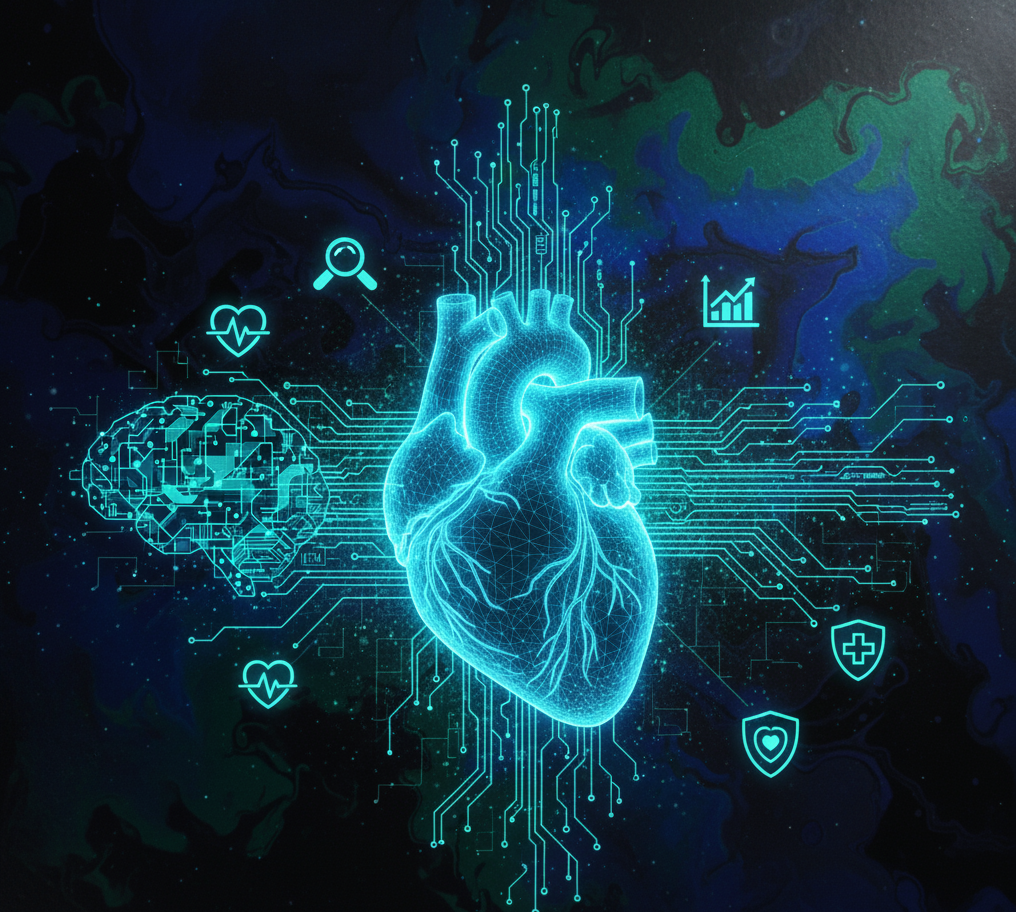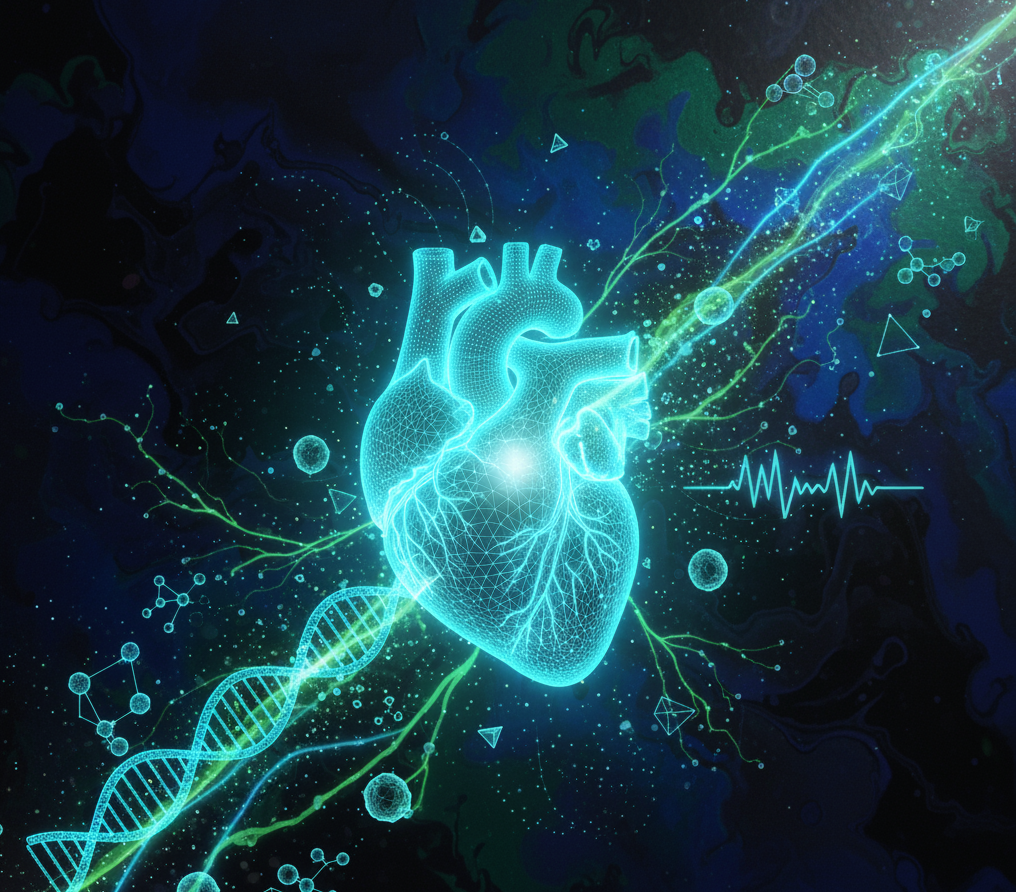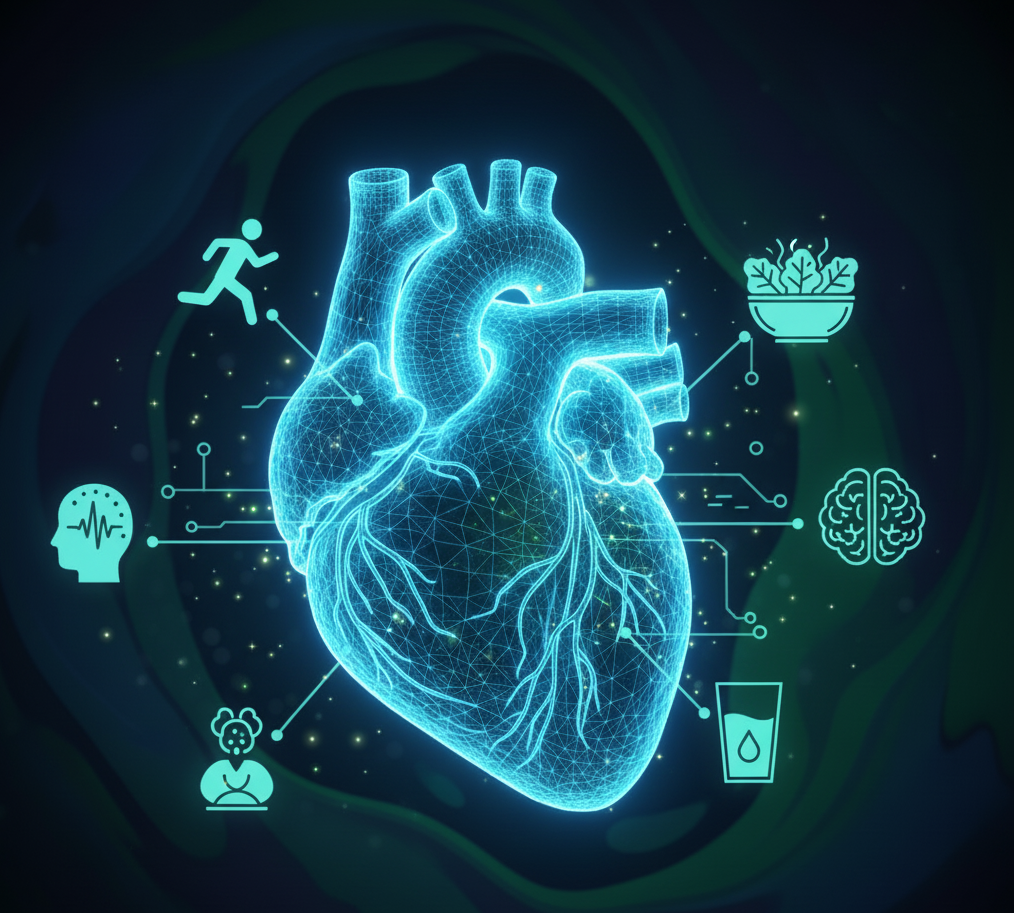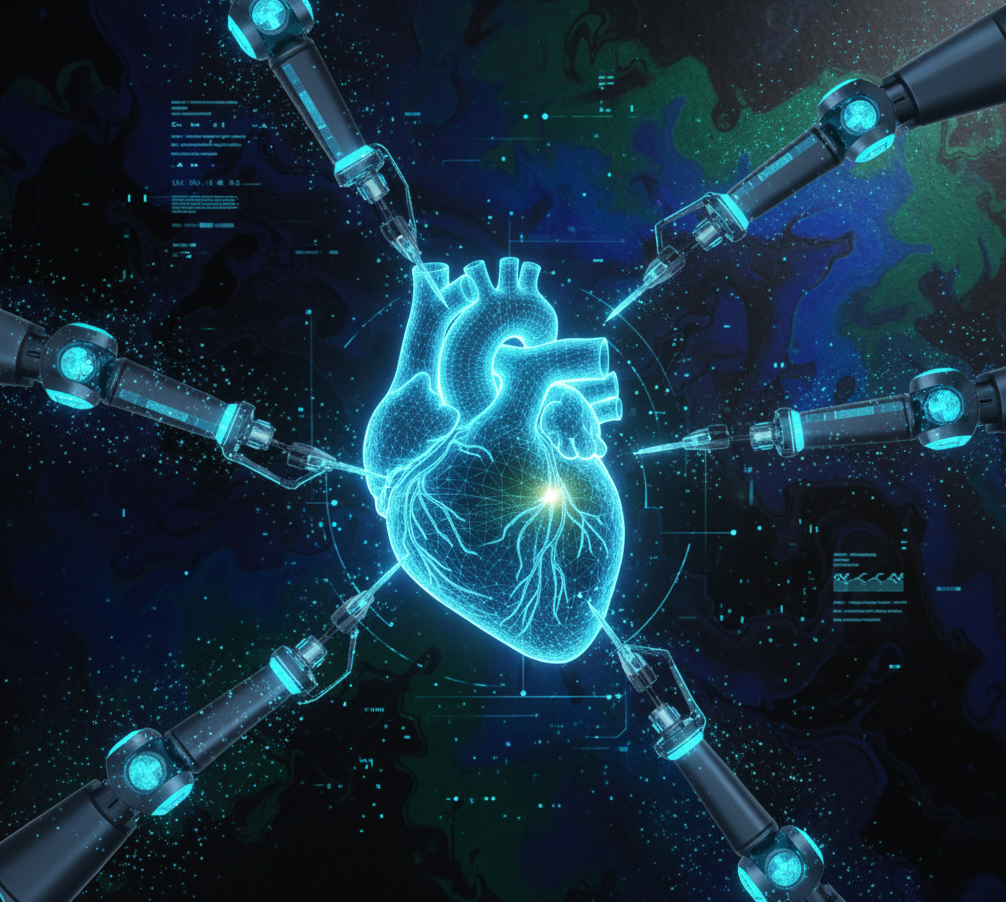
AI-Powered Heart Health: Future of Cardiac Care
Artificial intelligence (AI) is revolutionizing cardiology by transforming how heart diseases are diagnosed, managed, and treated. In 2025, AI-driven technologies are instrumental in enabling earlier detection, improving precision in treatment, enhancing patient monitoring, and optimizing clinical workflows, thereby significantly improving cardiovascular care outcomes around the world.
AI Enhancements in Heart Disease Diagnosis
Traditionally, heart disease diagnosis relies heavily on physician interpretation of diagnostic tests such as electrocardiograms (ECGs), echocardiograms, and stress tests. AI algorithms and deep learning models augment this process by analyzing massive datasets with exceptional speed and accuracy, detecting subtle patterns and abnormalities that human eyes might miss.
For example, AI-powered ECG interpretation tools now excel at identifying atrial fibrillation, heart failure, and structural heart disease at earlier stages than conventional approaches. These models utilize vast databases of labeled cardiac signals to continuously improve their predictive power. AI systems like EchoNext automatically assess ECGs and flag high-risk patients for further cardiovascular evaluation, facilitating proactive care.
Beyond ECGs, AI also analyzes cardiac imaging such as cardiac MRI and CT angiography, enabling automated quantification of heart chamber size, wall motion abnormalities, and coronary artery blockages. This automation supports faster, more objective, and reproducible diagnosis in busy clinical settings.
AI-Driven Personalized Treatment and Risk Prediction
Diagnosis is only one facet of cardiac care. AI plays a pivotal role in personalizing treatment plans based on comprehensive patient profiles, which include genetics, lifestyle factors, clinical metrics, and imaging data. Advanced machine learning models synthesize this information to predict individual risk for future cardiac events like heart attacks and strokes, guide medication choices, and optimize timing for interventions such as stenting or surgery.
For chronic disease management, AI-powered wearable devices continuously monitor heart rate, rhythm, blood pressure, and other vital signs. This real-time data stream enables remote monitoring and early detection of complications, allowing healthcare teams to intervene promptly and reduce hospitalizations.
Robotic-assisted cardiac procedures increasingly incorporate AI guidance to enhance surgical precision, reduce operative risks, and improve patient recovery. These systems provide surgeons with augmented visualization and instrument control, especially valuable in complex interventions such as mitral valve repairs and coronary artery bypass grafting.
Transforming Patient Experience and Outcomes
AI technology is also reshaping patient interaction with heart health services. Chatbots and virtual health assistants powered by natural language processing help answer patients’ questions, provide medication reminders, and encourage adherence to treatment plans. This accessibility supports patient engagement and promotes healthier behaviors outside clinical settings.
Moreover, as AI accelerates the pace of cardiovascular research through faster data analysis and clinical trial optimization, new treatments tailored to specific patient subgroups are emerging more rapidly than ever before.
Challenges to Overcome
While AI promises great benefits, implementation challenges persist. Privacy concerns about the handling of sensitive medical data need addressing through robust cybersecurity and ethical frameworks. Algorithm transparency—ensuring AI decisions can be understood and validated by clinicians—is essential for trust and safety. Regulatory bodies worldwide are still developing standards to evaluate the safety and efficacy of AI medical tools.
Access equity is another key issue: advanced AI cardiac care is often limited to large urban centers with significant resources, while rural and underserved communities may lag behind. Efforts to democratize AI tools through cloud platforms, telemedicine, and global partnerships are underway to bridge these gaps.
The Future Path of AI in Cardiology
The integration of AI in cardiology is not about replacing cardiologists but augmenting their expertise with powerful tools for enhanced decision-making. Multi-disciplinary collaborations between clinicians, data scientists, engineers, and policymakers will be pivotal in shaping the future, ensuring AI benefits are realized safely and equitably.
Looking ahead, innovations such as the Internet of Medical Things (IoMT), explainable AI models, and real-time AI-guided interventions will continue to advance cardiovascular care. This convergence of technology and medicine offers the promise of earlier diagnosis, personalized therapy, and better prevention strategies that will save lives.










